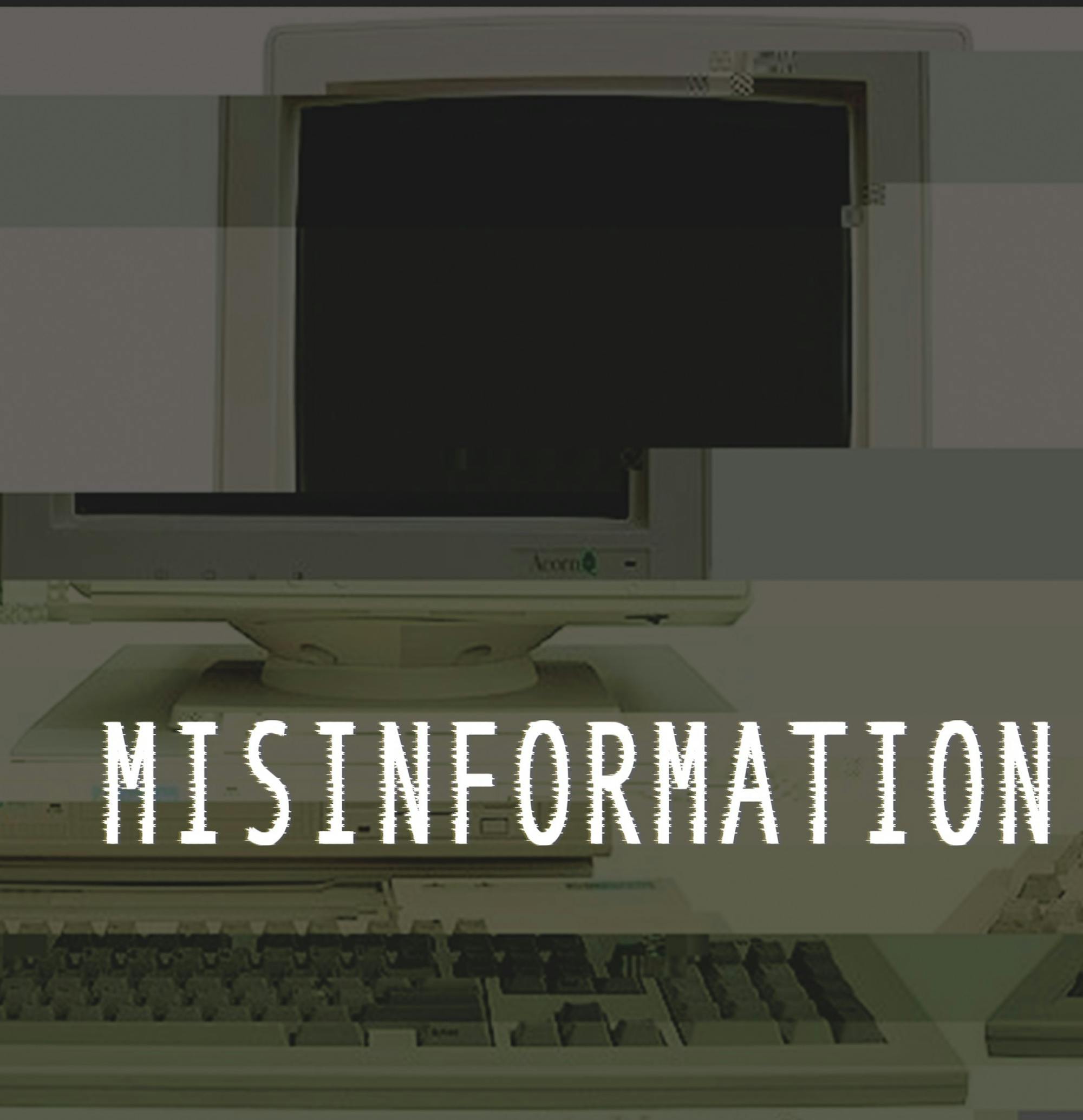Facebook, Twitter, Instagram, YouTube, Snapchat, WhatsApp and more — with the multitude of social media platforms that exist, we have access to endless streams of information with the click of a button. We also have the ability to share that information with anyone we’re connected to — whether that be thousands of followers or just a handful of close friends. With that power comes responsibility; the knowledge we perpetuate can have a widespread impact, both positive and negative. In the age of fake news and biased reporting, it’s just as easy to mislead others as it is to be misinformed yourself.
For this week’s Mirror, we explore topics related to the dissemination of false information. We reflect on the dreaded “Duck Syndrome,” examine the ways in which Dartmouth students stay informed and speak with a government professor about conspiracy theories. We also ask the Mirror staff questions related to misinformation to get their perspective on the issue.
So whether you’re a die-hard newspaper reader or you like to get your daily headlines from Twitter, we would all do well to recognize that we are also susceptible to mispercieving fact for fiction. But by exploring the potential subjectivity or bias of information, we can develop a more well-rounded perception of the events around us.




